Fifty years ago today (7 April) Jim Clark was killed in an accident during a Formula 2 race at Hockenheim in Germany. The Scotsman was just 32 when he died, but his incredible list of achievements, including two Formula 1 world championships, marked him out as an all-time great.
Born in Kilmany, Fife, Clark began competing in local road rally and hill climb events in 1956, but quickly rose through the ranks. His career really took off when he linked up with Lotus founder Colin Chapman, and in 1960 he made his F1 debut in the Dutch Grand Prix at Zandvoort.
He claimed his first F1 race win in the Belgian Grand Prix at the fearsome Spa-Francorchamps circuit in 1962, and the following year claimed the championship, winning seven of that season’s 10 races. He claimed another F1 crown in 1965, and in the same year won the Indianapolis 500 in America.
In total, Clark claimed 25 grand prix race wins, 32 podiums and 33 pole positions from just 72 race starts.
In pictures: Jim Clark's career highlights
Autocar's sports editor in 1968 was Innes Ireland, a grand prix driver who was briefly team-mate to Clark at Lotus. He wrote this moving tribute to Clark.
Jim Clark OBE: 1932-1968
It all started as a subdued whisper – as if the whisperer was afraid to utter the words in case they were true: and even if they were, he would be reluctant to believe them. I was at Brands Hatch for the BOAC 500 race when I heard the rumour which finally contained such tragic truth – “Clark has had an accident at Hockenheim.”
At first I thought it was a motor racing incident; for even Clark has had those before; the possibility of anything more serious had never entered my head. In the scramble for accurate information, the hope that it was all a mistake dwindled rapidly until only the stark unreal and unbelievable fact was confirmed – Jim Clark was dead.
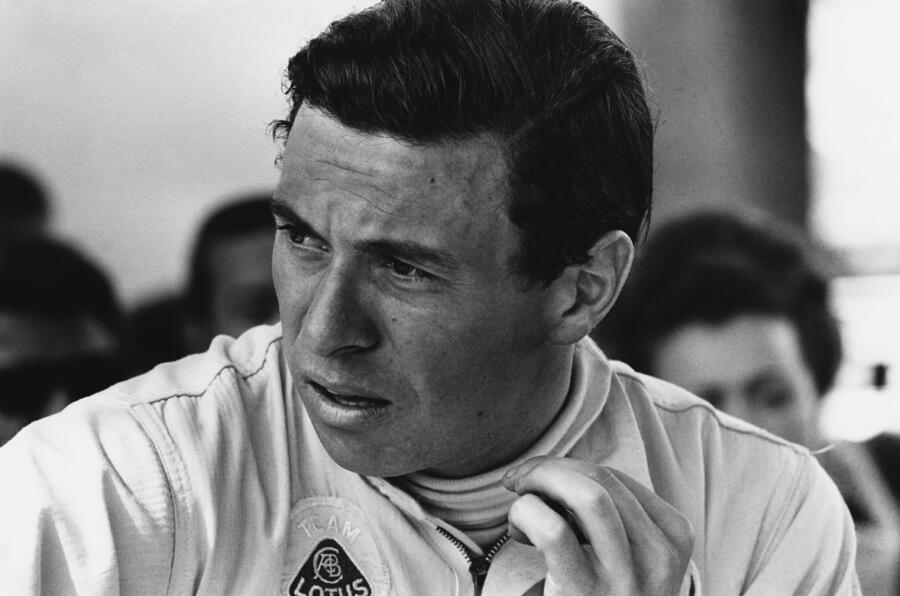
At first my mind refused to accept that this could be true. Drivers like Clark are indestructible, despite the fact that he may have had previous accidents. As confirmation piled upon confirmation, I reluctantly remembered having the same feelings about Alan Stacey, and slowly the finality of death impressed itself upon me. The inevitability of this realisation shook once more, the rules by which I have lived.
When the life of a young driver, so much in the public eye, is cut short at the height of his career, the man in the street begins to wonder: “Why do they do it – what’s it all about – what are they thinking of?”


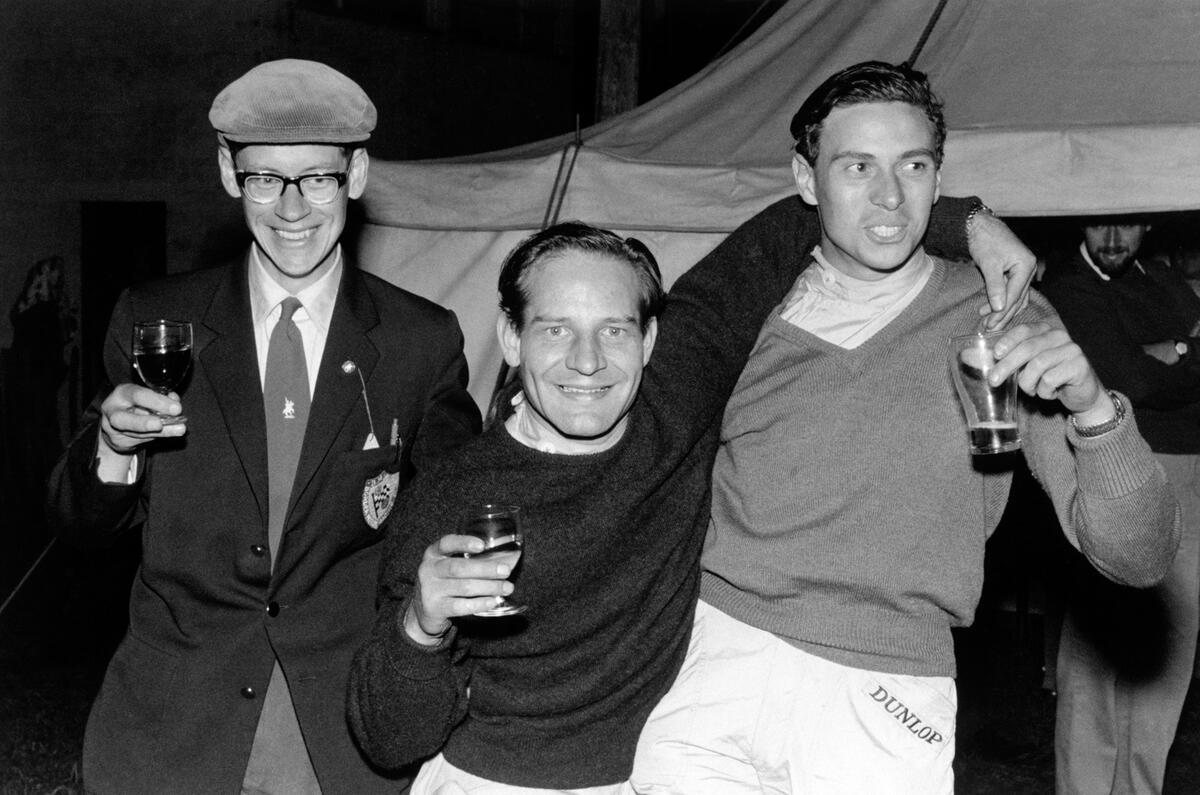
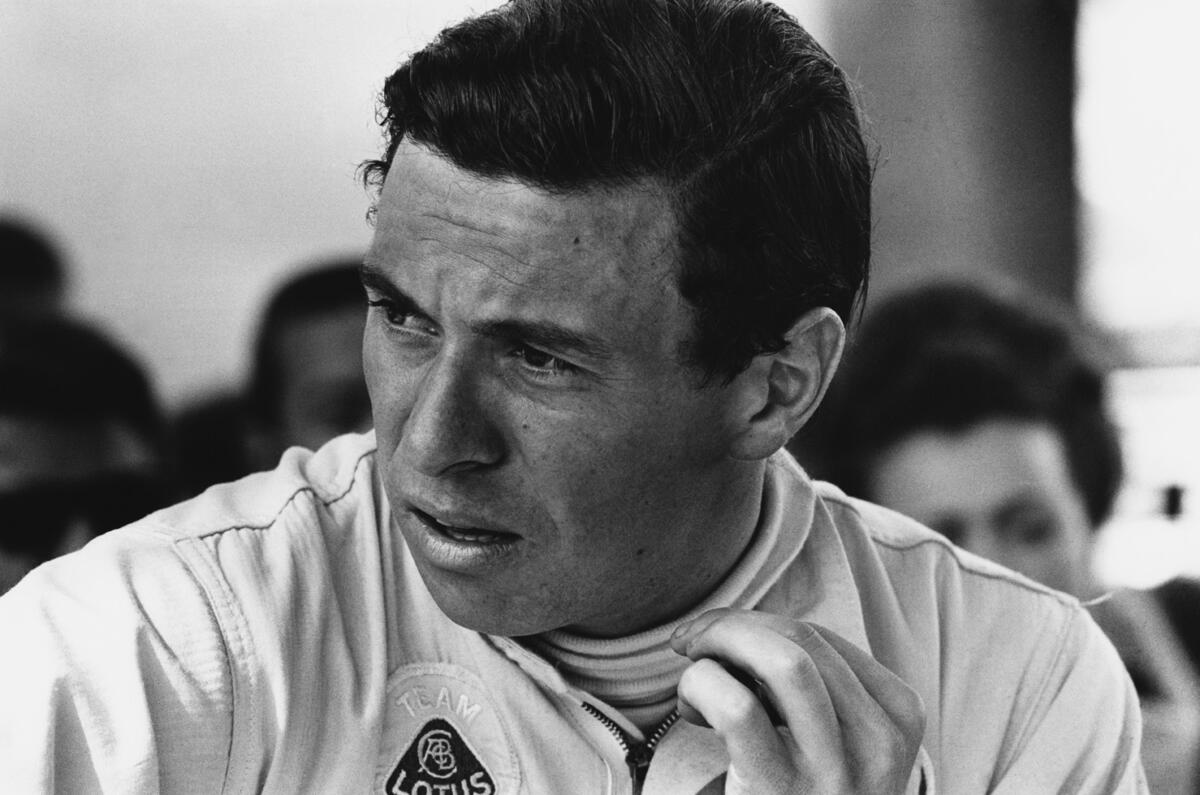

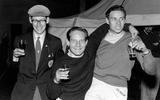
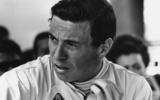

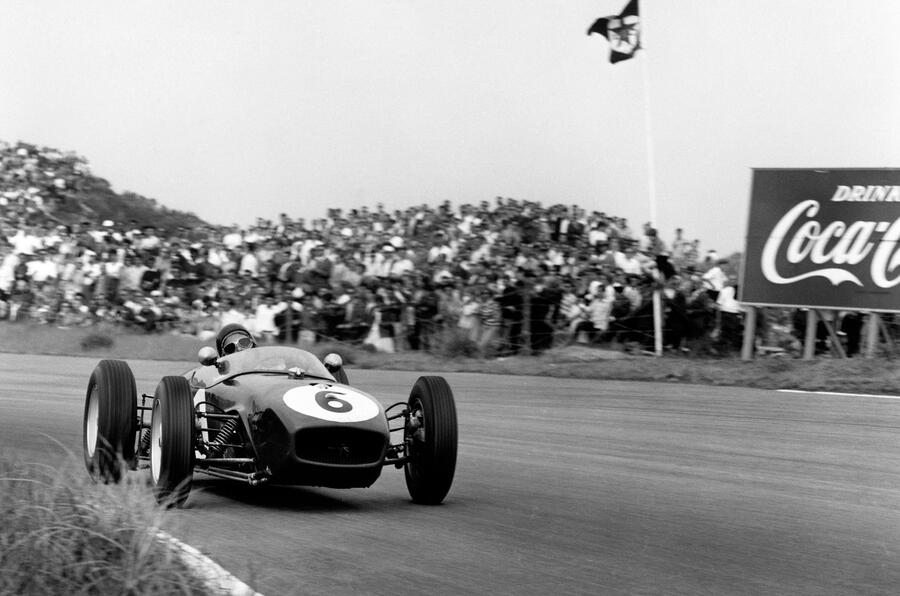
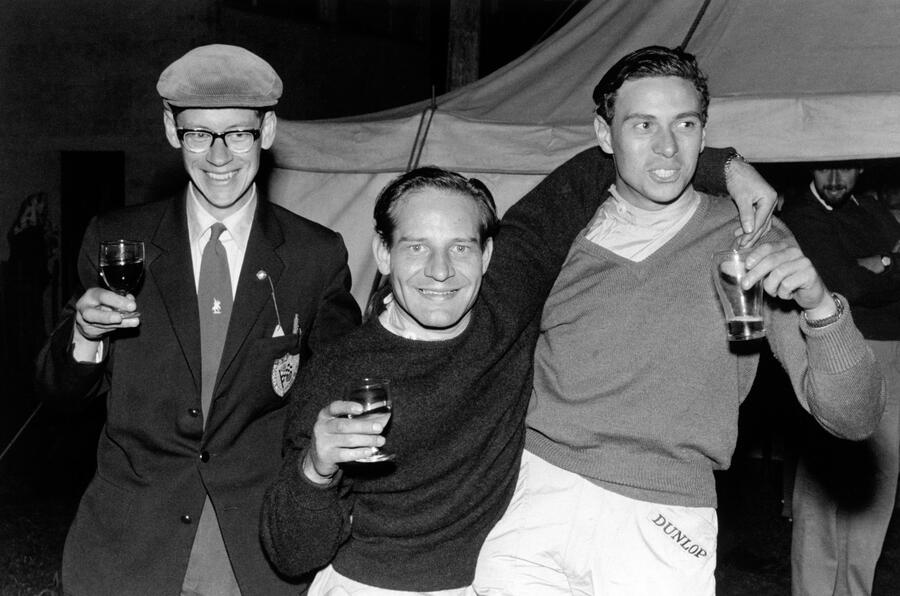
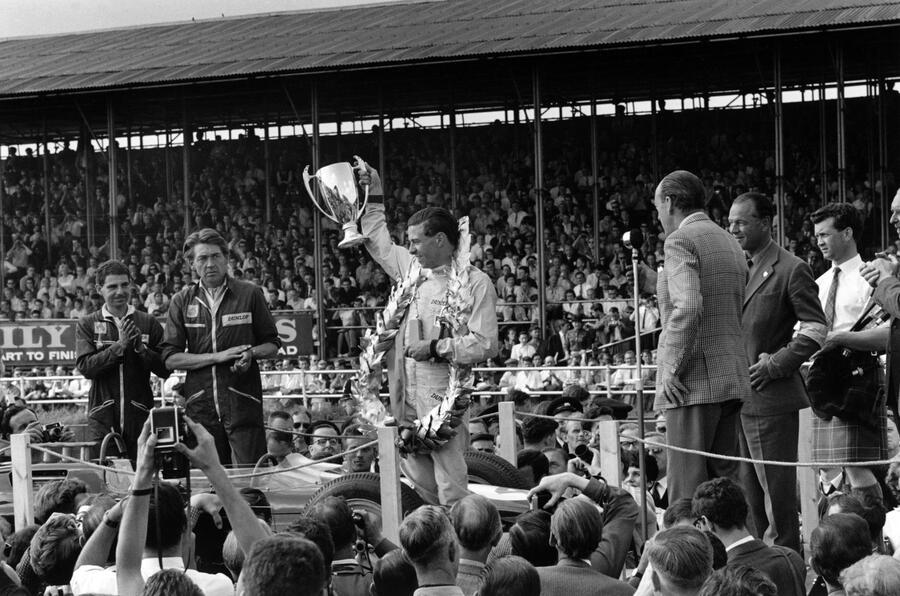
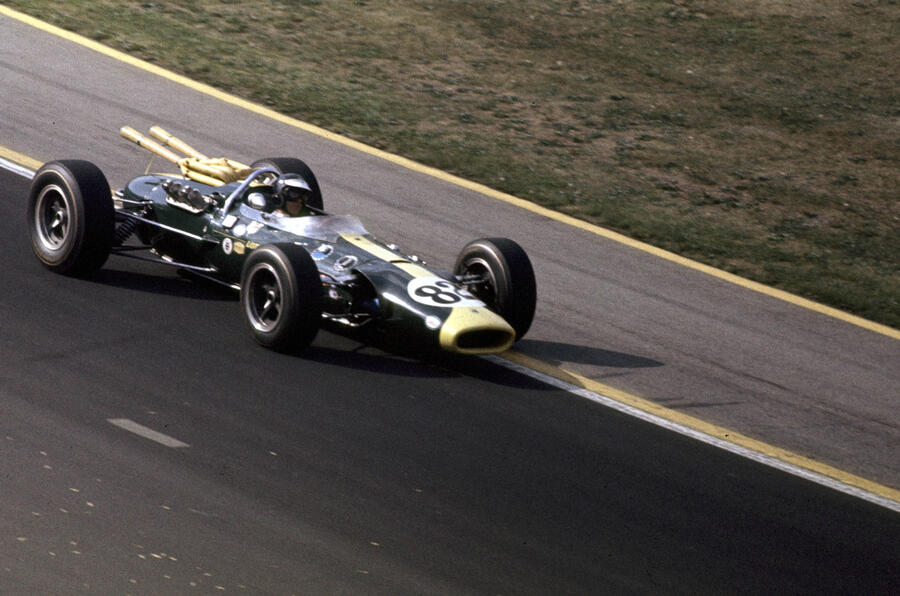

Add your comment